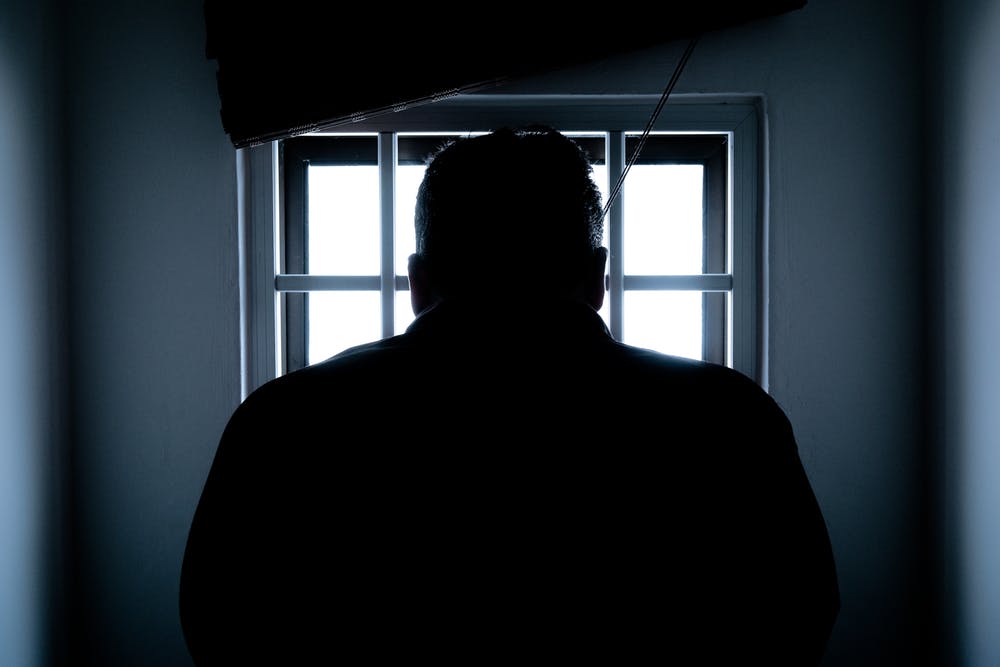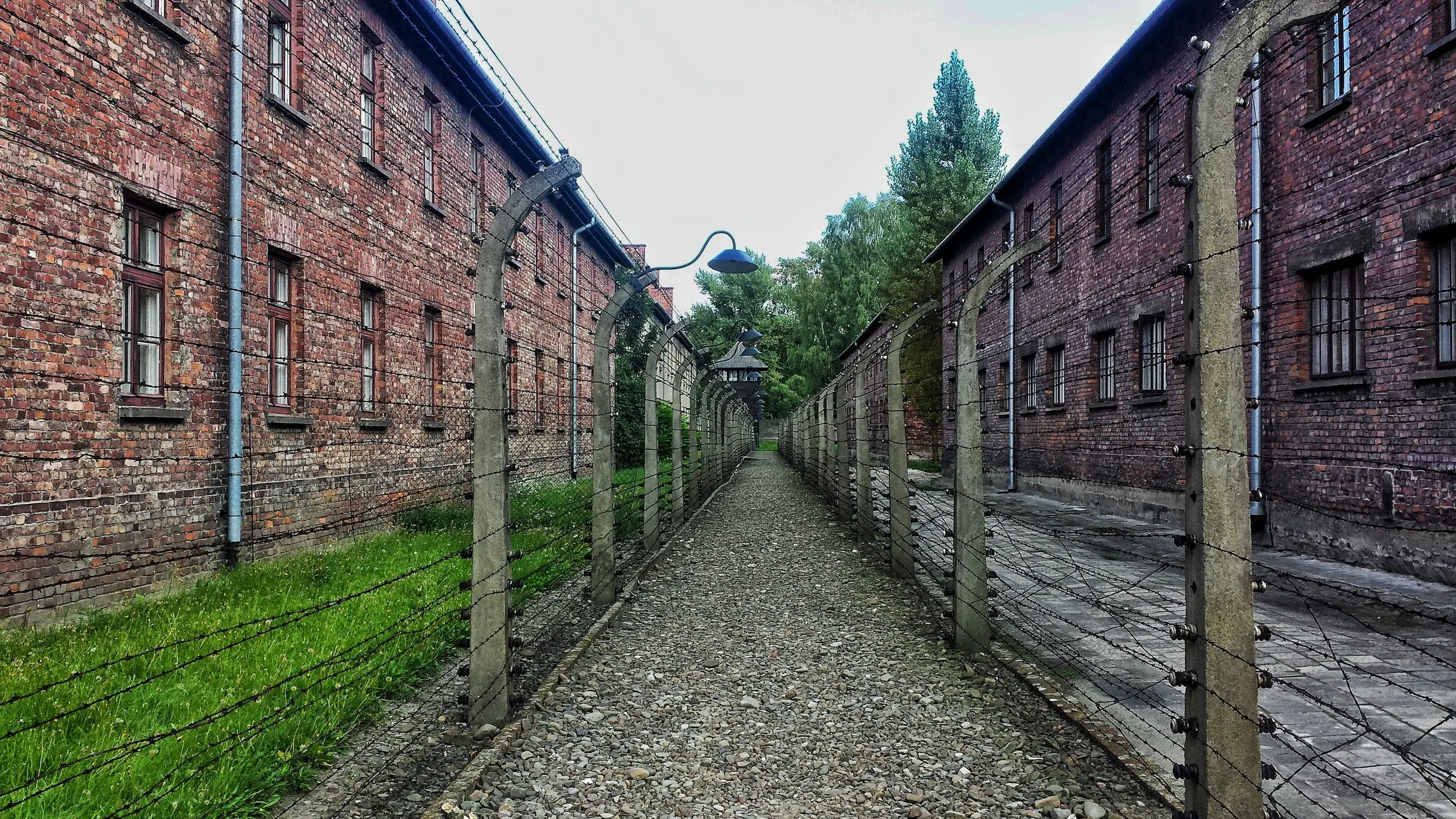The Death Penalty Debate: Arguments For and Against Capital Punishment

The debate around the Death Penalty has been argued many times over, with the practice continuing to divide opinion. Many nations continue to impose the death penalty on criminals, while other nations have outlawed the punishment.
Several organisations also exist that attempt to fight against the death penalty. We now take a look at both sides of the argument.
We also have a viewer poll below, to gauge the opinion of our great readers! We would love you to take part below.

Many people are on death row
Overview
To begin with, the Death Penalty is mainly known as Capital Punishment. Capital Punishment refers to the practice where a person is killed by a State as a punishment for a crime. Instead of serving a lifelong custodial sentence, the criminal will wait on ‘death row’, eventually being executed.
There are many different ways that the death penalty may be carried out. Hanging, firing squad and lethal injection are the most common, though it differs from territory to territory.
Offences that merit a death sentence typically include crimes against humanity, murder or espionage – again, the precise crimes that justify capital punishment will be different from nation to nation.
At the time of writing, 56 countries continue to legalise capital punishment. Notable countries include China, Iran, Saudi Arabia, the United States, Somalia and Afghanistan. Over 60% of the world’s population live in countries where the death penalty is a form of punishment. The topic has proven highly controversial.
Arguments For the Death Penalty
- The Death Penalty provides retribution, and is a just response to a horrific crime – such as a mass killing or terrorism. If a punishment should ‘fit the crime’, then sometimes the death penalty can be merited, e.g. if someone murders another human, they too should face murder as a punishment.
- Re-offending statistics are worrying, with several offenders who get released from Prison going on to re-offend. Capital Punishment stops this from happening.
- The Death Penalty has been described in the past as “a filter which selects the worst of the worst”. In the vast majority of cases, only extreme crimes lead to the death penalty.
- Many have suggested that the death penalty is in direct violation of Human Rights. Yet it could be argued that when someone acts in a heinous way to others, that in doing so, they forfeit their human rights.
- The Death Penalty may be viewed as being proportionate to a criminal’s crimes.
- It can be argued that the death penalty deters crime. In the case of premeditated crime, a person will need to think about the possible repercussions of the crime they are thinking of committing.
- Keeping multiple prisoners in a prison can be very costly. By sentencing more people to death, it lowers the economic cost involved in corrections.
- Some suggest that the death penalty “isn’t right, but is needed”. Without it, there wouldn’t be a just punishment for crimes.
- When the death penalty is legal, prosecutors and crime agencies can use the threat of death in plea bargaining. This is helpful in securing a worthwhile sentence for a criminal.
- In some cases, the Death Penalty can provide closure for the families of victims.

Those awaiting the death penalty are in prison
Arguments Against the Death Penalty
- Many people see the Death Penalty as a violation of Human Rights. Amnesty International states that Capital Punishment is “the ultimate irreversible denial of Human Rights”.
- One of the biggest problems with the Death Penalty is when an innocent person faces the punishment. Many people have been shown to be innocent despite being on death row. The Innocence Project is an example of an organisation that has helped overturn dozens of wrongful convictions – many of which were facing the death penalty.
- Those who actually take part in the execution – such as soldiers in a firing squad, or a person delivering the lethal injection – may develop psychological trauma in the aftermath.
- While the death penalty is seen as a deterrent, there is no study or report that has confirmed this. As many crimes take place in the heat of a moment, there isn’t a chance to think about the consequences.
- Ultimately, two wrongs don’t make a right. Executing the criminal won’t change the fact that their crime has taken place.
- While in many countries, the wait for an execution is long, in others, a criminal is executed within days. If this happens, it doesn’t give the criminal a chance to reform or reflect on the pain and misery they have caused. Sometimes, a lengthy prison sentence does this. When the punishment is carried out within days, it doesn’t provide a sufficient length of time for a person to be tried for their crime.
- In some countries, the sentence received is heavily dependent on the quality of lawyer/attorney. When an individual cannot afford a high-quality lawter, it is likely they will receive sub-standard care and attention, meaning they are at a disadvantage when compared to richer criminals.
- Many laud the death penalty as being quick. However, in some cases there can be complications during the execution, which causes a painful death.
- Campaigners have suggested that when criminals have to wait long periods on death row, with uncertainty over the date of their execution, that it is bad for their mental health.
The Takeaway
As seen, the death penalty is a highly-controversial practice, and one that has many arguments both for and against its use. It will continue to be something that is scrutinised for many years to come.
Feel free to vote in our poll below, and cast your vote on this issue – and see how everyone else who has read this article feels about this case.




